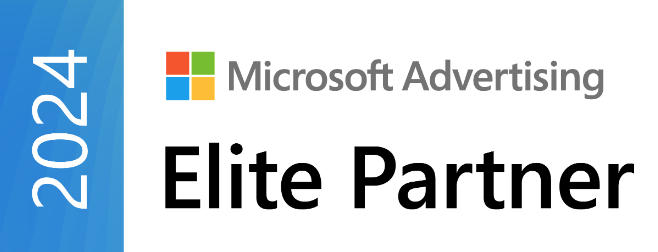Even though SBA loans offer billions of funds to small businesses across the U.S., they aren’t granted to everyone who applies. In case your application for an SBA loan has been rejected, or you are looking for other options, you should know the available alternatives.
Option 1: Traditional Financing
Yes, you will have to take on debt, and each type of debt financing has its own requirements, fees, and terms. Your creditworthiness and business history will be evaluated in the process of your application.
Option 2: Credit Unions and Banks
Many businesses seeking small business funding, turn to credit unions and banks. With this option, you are likely to get a great annual percentage rate (APR) on your loan. Sure, you will be paying interest, and you need to have a good credit score to qualify, but developing a relationship with a local bank can carry great long-term benefits for your future financing needs.
Option 3: Business Credit Cards
Compared to loans, business credit cards are easier to qualify for, and they give you access to cash faster. Getting a credit card for your business is a good long-term option as well because it helps in building a good credit history for your company, thus increasing your chances of qualifying for financing from lenders in the future.
Option 4: Business Lines of Credit
Unlike business credit cards, with a business line of credit, you only pay interest on the amount you take out. The interest rates and repayment terms are often better as well. You may or may not be required to offer collateral. This source of funding is available to businesses with solid financials and proven business success.
Option 5: Short Term Business Loans
In case you can’t qualify for other means of funding and your credit score isn’t great, you can apply for a short term business loan. The catch is, you will have to pay fixed monthly or even daily payments, and the repayment period is often less than two years.
Option 6: Term Loans
If your business already meets a lender’s requirements and you don’t mind a longer application process, you can try out for a term loan. These have longer repayment terms and almost no restriction on how you use the funds.
Option 7: Equipment Financing
In case your business needs new equipment, applying for equipment financing is a great option, especially because you can use the equipment itself as collateral. This means the approval of your loan won’t be based on the other assets you have. The paperwork for applying isn’t much, and approval times are often quick. For tax purposes, you need to consider equipment depreciation.
Option 8: Accounts Receivable Financing
Also known as invoice factoring, this type of funding is a great choice if you have outstanding invoices and need cash quickly. The key to getting approved for accounts receivable financing is the creditworthiness of your clients, and you can be sure the invoice financing company will check for that. Make sure you check the cancellation fees before you sign a contract!
Option 9: Personal Loans
Personal loans that have restrictions on using them for business purposes may require collateral. They are a good option for startups and businesses that don’t have a solid history yet.
Option 10: Online Lenders
Many struggling small businesses choose online lenders because they rarely require collateral, have a simpler application process, and faster approval times. There are many online lenders you can turn to, but be prepared to pay a higher interest rate on your loan.
Other non-SBA sources include small business grants and crowdfunding, venture capital, and partnering with other small businesses. Don’t give up, keep trying to get the funding you need to survive so you can later thrive as a business.
You got this.
Sign Up For SBA Emergency Loan Info & Other News



